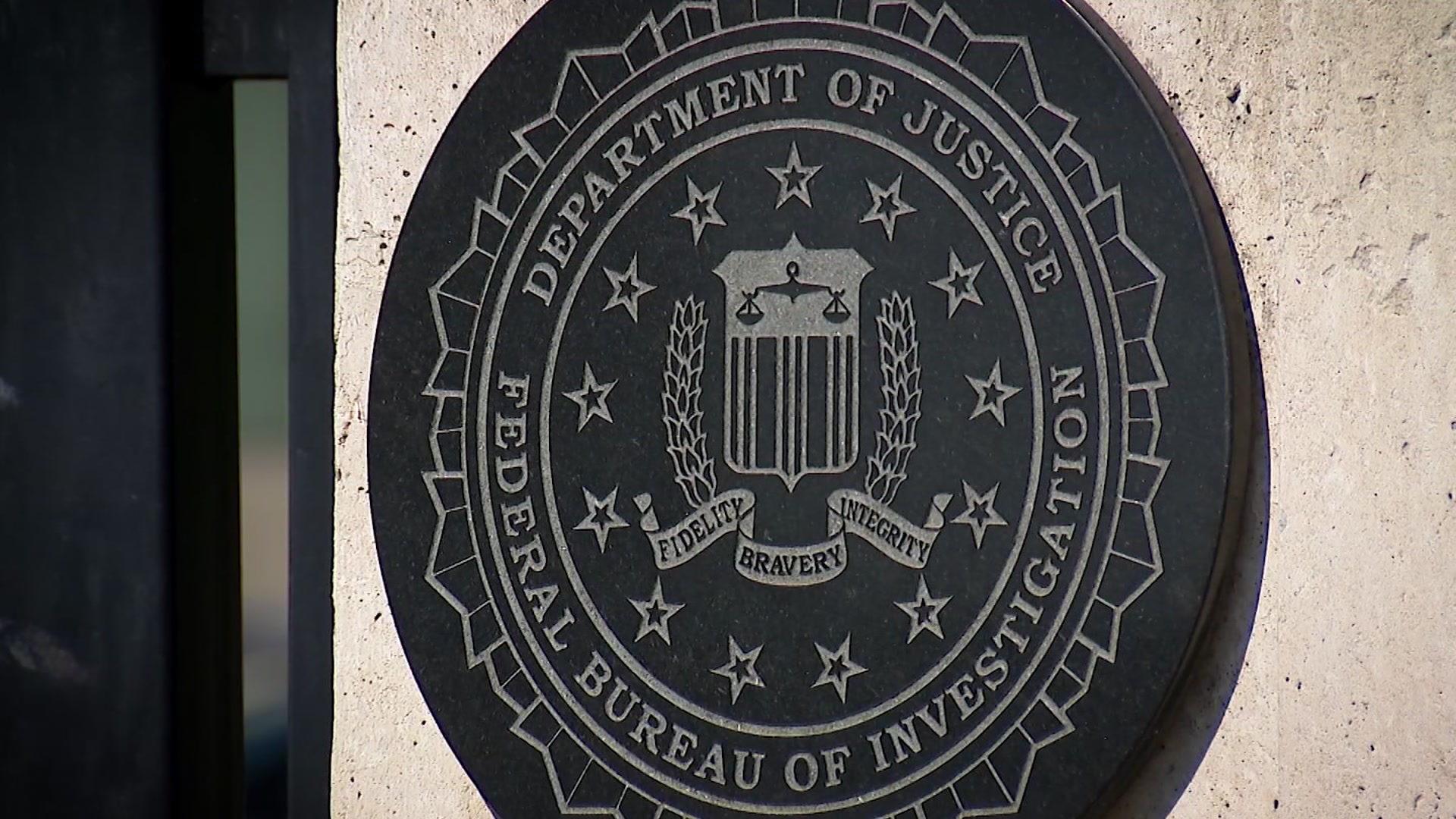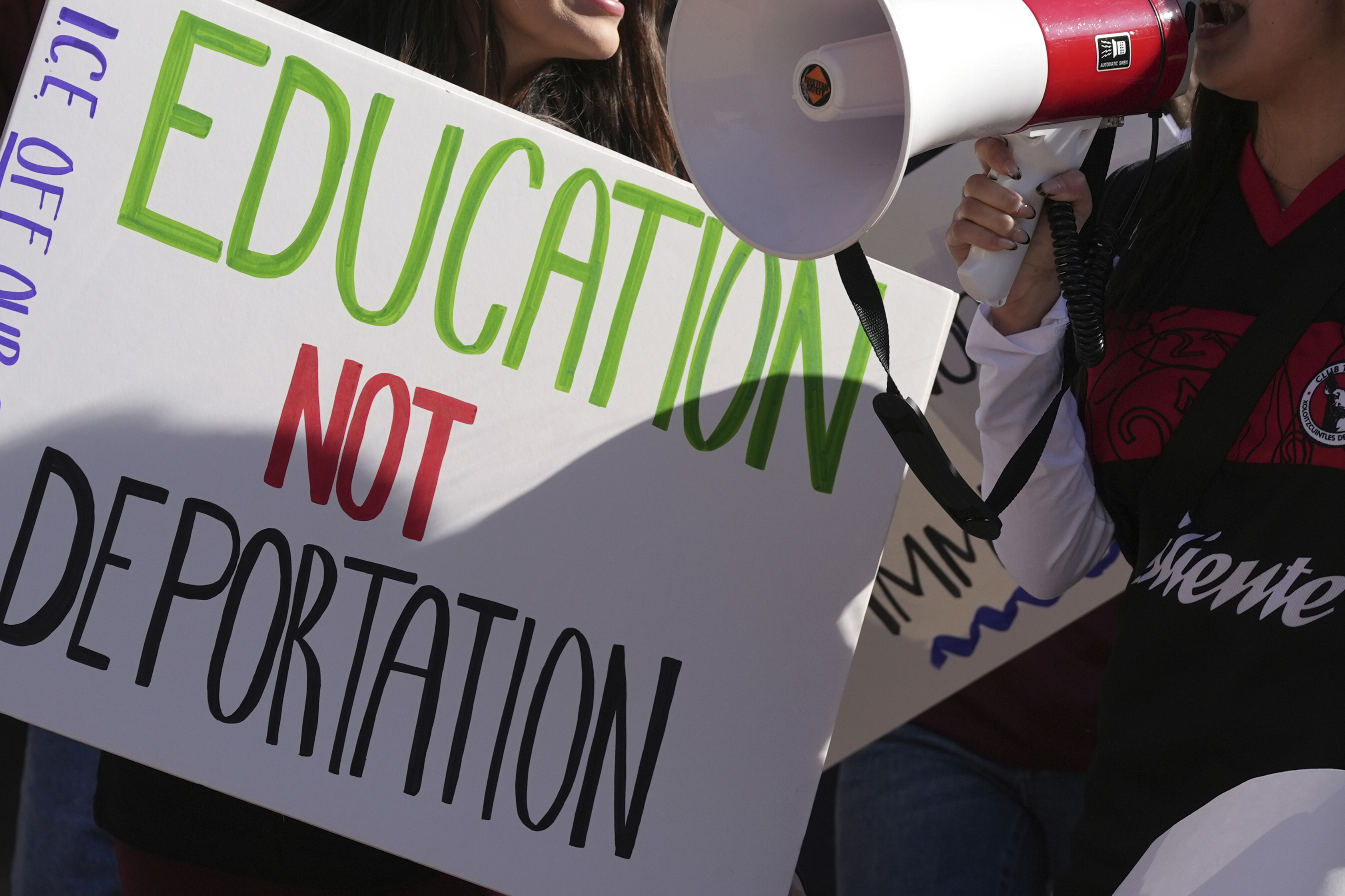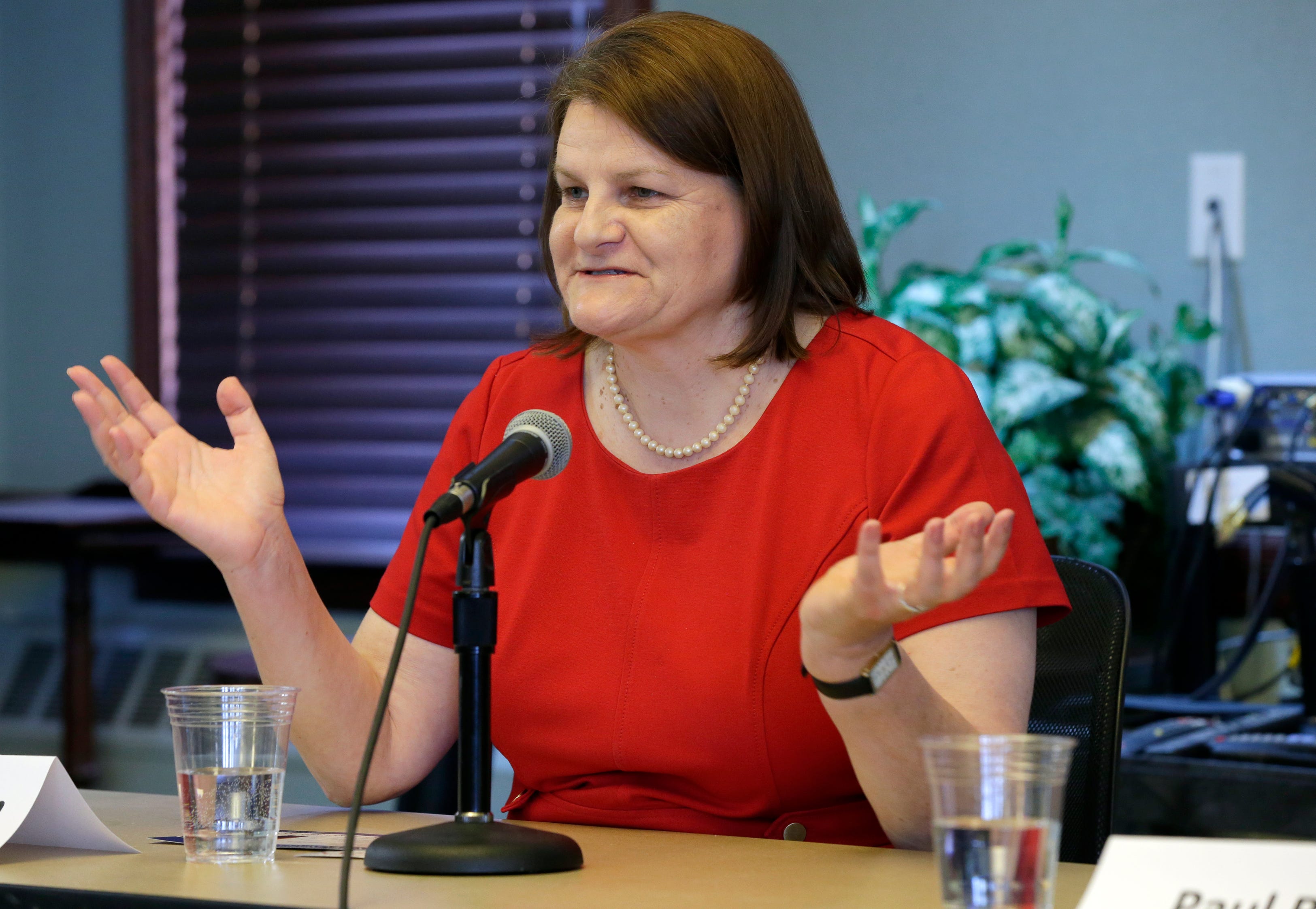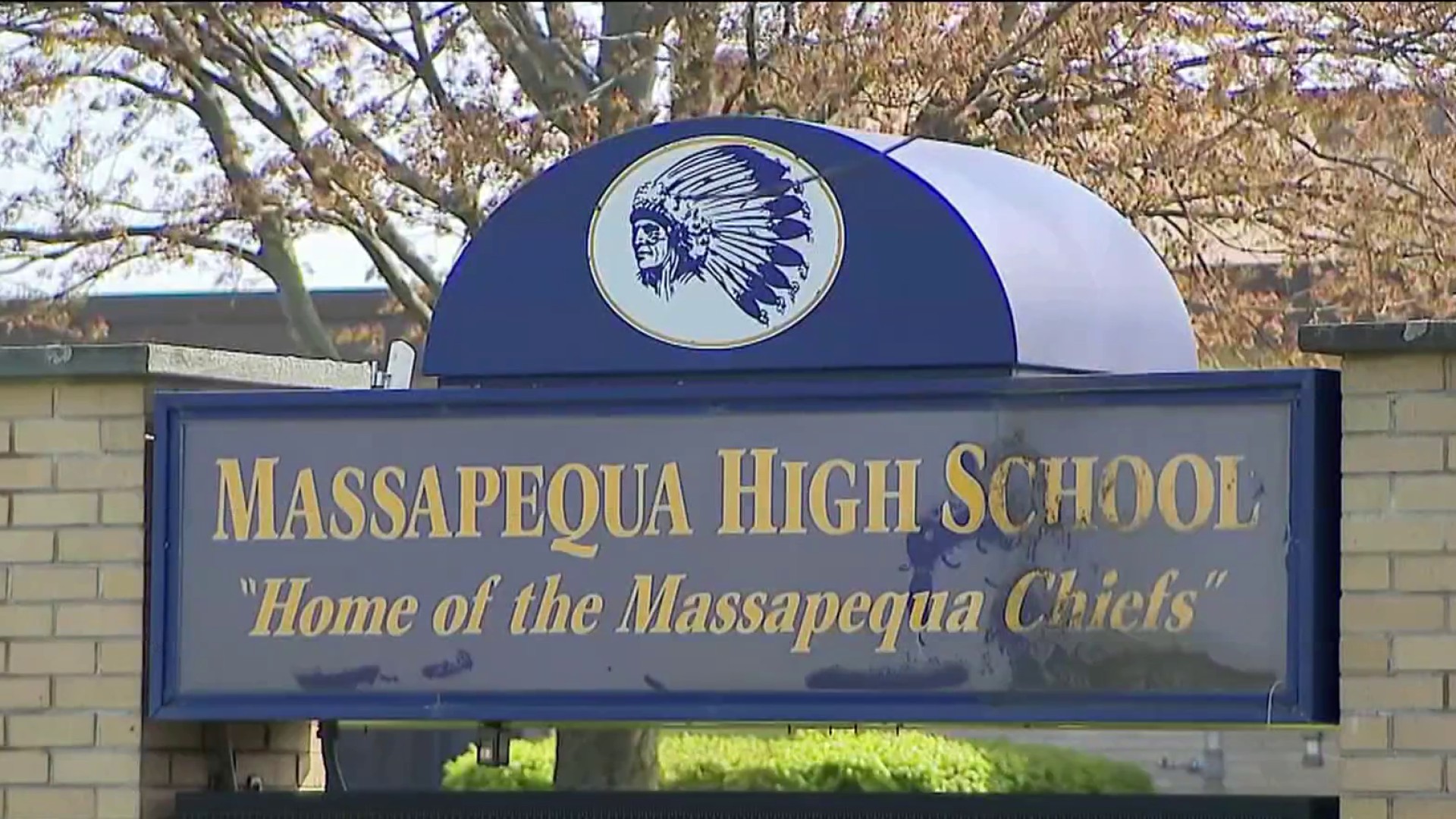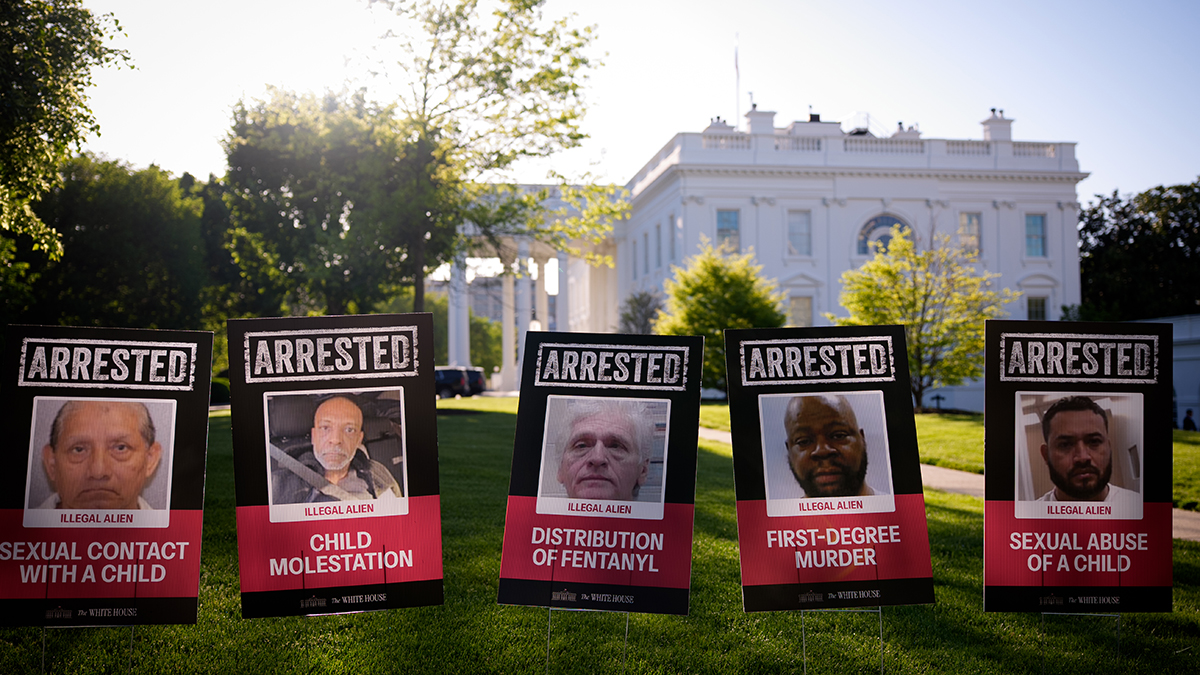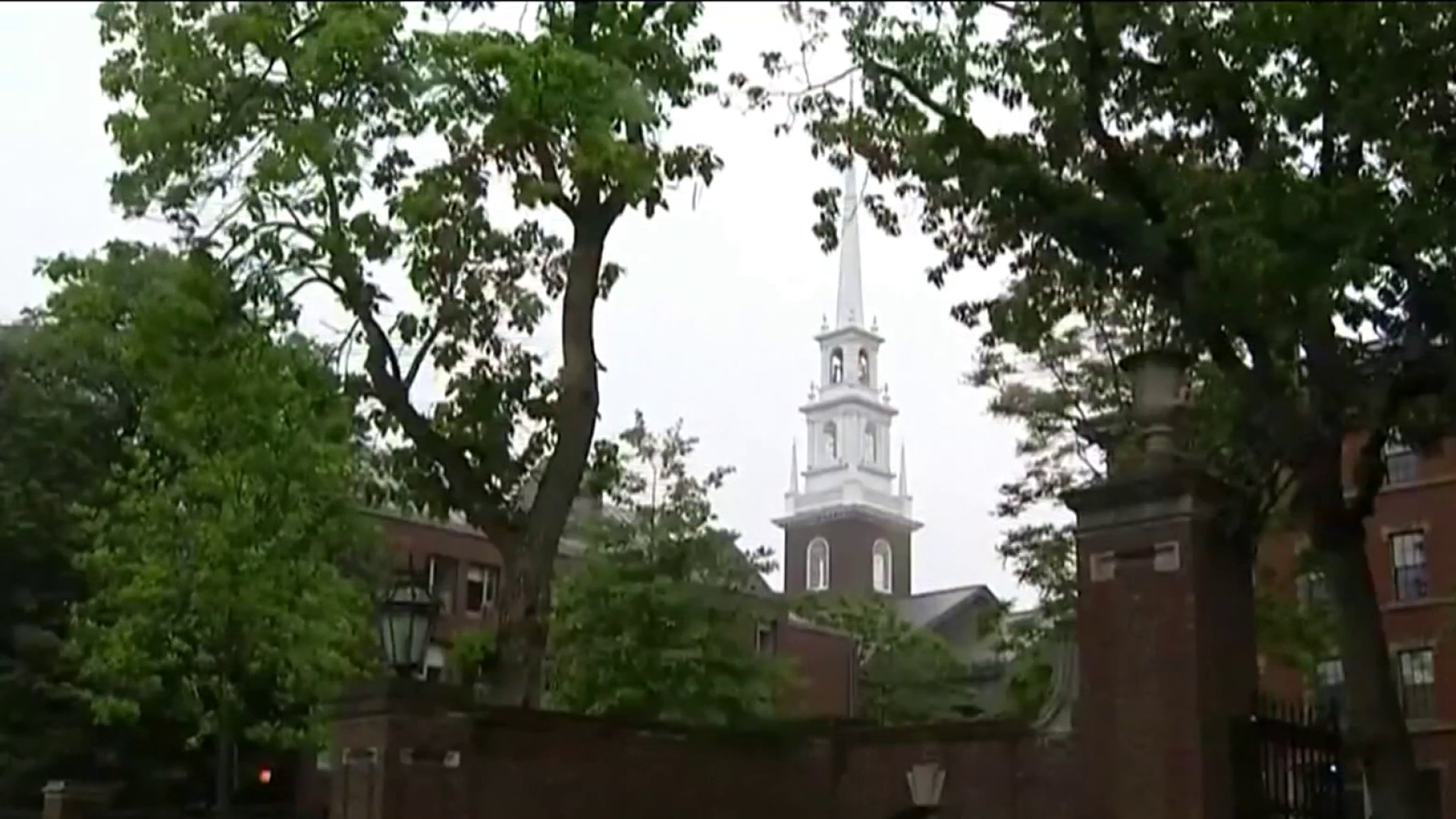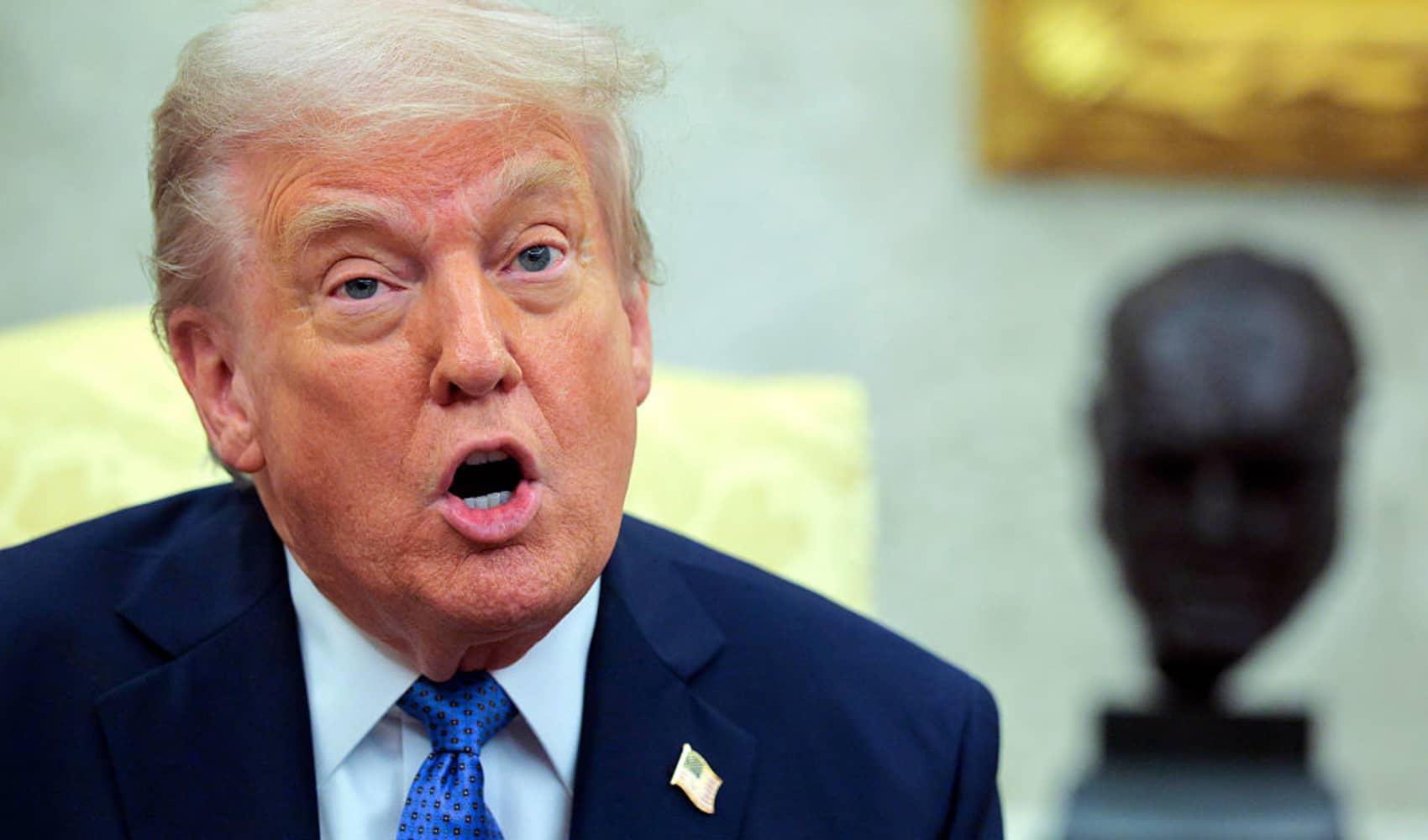NY Congestion Pricing: Trump's Strategy Crumbling?
Trump's Lost Highway? Congestion Pricing Fight Turns Farcical with Accidental Filing
Introduction: When Government Secrets Spill Like Bad Coffee
Oops! Ever had one of those moments where you accidentally sent an email to the wrong person? Well, imagine doing that with a crucial legal memo that could derail your entire strategy. That's precisely what happened in the ongoing battle over New York City's congestion pricing plan. A federal prosecutor's office in Manhattan inadvertently filed an internal memo that essentially admitted the Trump administration's strategy to kill the toll was, well, not exactly bulletproof. Are they shooting themselves in the foot with their own filings? Let's dive in and unpack this legal slip-up, its implications, and why it suggests the road ahead for opponents of congestion pricing is about to get a whole lot bumpier.
The Congestion Conundrum: What's the Deal with NYC's Toll?
Before we get into the nitty-gritty of the legal snafu, let's recap what congestion pricing actually is. Simply put, it's a toll charged to vehicles entering the most congested parts of Manhattan. The goal? To reduce traffic, improve air quality, and generate revenue for much-needed improvements to the city's public transportation system. Think of it like this: it's a "pay-to-play" system for Manhattan's gridlocked streets. The fee, which started in January, charges most drivers $9 to enter the densest parts of Manhattan. But is this really the most efficient solution to solve a long time problem?
The Accidental Admission: A Memo Meant for Someone Else
Here's where the story gets juicy. The federal prosecutor's office, involved in New York's lawsuit against the Trump administration over its attempts to block the toll, accidentally filed an internal memo. This memo, intended for a U.S. Department of Transportation attorney, essentially poked holes in the administration's own arguments against the toll. It suggested they needed a new strategy if they wanted to have any hope of stopping the program. Talk about an own goal!
Behind the Blunder: Unpacking the Legal Slip-Up
How did this blunder happen? Was it a simple case of mistaken identity in the digital filing system? Or does it point to deeper divisions and doubts within the government itself regarding the legal merits of their anti-congestion pricing stance? While the exact details remain unclear, the implications are significant. This accidental disclosure reveals a lack of confidence, even internally, in the legal foundation of the administration's opposition.
The Trump Administration's Anti-Toll Tactics: A Three-Strike Rule?
This filing error came hot on the heels of the Trump administration issuing New York a third ultimatum to cease collecting the toll. It seems they were throwing everything at the wall to see what would stick. But with this internal memo suggesting their tactics are flawed, it raises questions about the effectiveness and sustainability of their approach. Is this a sign that they are fighting a losing battle, regardless of their convictions?
The Core of the Conflict: Federal vs. Local Control
At its heart, the fight over congestion pricing boils down to a fundamental tension: the balance between federal oversight and local autonomy. Does the federal government have the right to dictate how a city manages its own traffic and infrastructure? Or should cities be allowed to implement their own solutions, even if those solutions involve tolls and fees? This is the crux of the legal and political debate.
The Legal Arguments: A Road Paved with Challenges
New York City is arguing that congestion pricing is a necessary and legal way to address its traffic woes and fund crucial transportation improvements. The Trump administration, on the other hand, has raised concerns about the toll's impact on interstate commerce and its potential to unfairly burden drivers from outside the city. But do these arguments hold water, especially in light of the accidental memo that suggests a weakness in the Trump administration's position?
Public Perception: Are New Yorkers Ready to Pay to Drive?
Congestion pricing is a controversial issue, and public opinion is divided. Some New Yorkers support the plan, seeing it as a way to reduce traffic and improve public transportation. Others oppose it, arguing that it's unfair to drivers and could hurt businesses. Is it really fair to charge people who are simply trying to make a living?
Economic Impact: Will Congestion Pricing Hurt Businesses?
One of the main arguments against congestion pricing is that it could negatively impact businesses in Manhattan. Opponents fear that the toll will discourage people from driving into the city, leading to a decline in retail sales and other economic activity. However, proponents argue that reduced traffic could actually benefit businesses by making it easier for customers and employees to access the city. Let's look at the pros and cons:
- Pros: Reduced traffic, faster commutes, cleaner air, new revenue streams
- Cons: Additional costs for drivers, potential impact on business, privacy concerns
Environmental Benefits: Can Congestion Pricing Clean Up NYC's Air?
One of the key goals of congestion pricing is to reduce air pollution. By discouraging driving, the toll is intended to reduce emissions from vehicles, leading to cleaner air and a healthier environment. But will it really make a noticeable difference? Only time will tell.
Political Fallout: Who Wins and Who Loses in the Congestion Pricing Battle?
The fight over congestion pricing has significant political implications. New York's leaders are staking their reputation on the success of the plan, while the Trump administration has made it a priority to block it. Depending on the outcome, either side could face political consequences. So, who is likely to come out on top in this high-stakes game?
Alternatives to Congestion Pricing: Are There Other Solutions?
While congestion pricing is one approach to addressing traffic congestion, it's not the only one. Other potential solutions include:
- Investing in public transportation
- Promoting cycling and walking
- Implementing smarter traffic management systems
The Long Game: The Future of Congestion Pricing in America
New York City's experiment with congestion pricing could have far-reaching implications for other cities across the United States. If the plan is successful, it could serve as a model for other urban areas struggling with traffic congestion. However, if it fails, it could discourage other cities from pursuing similar initiatives. Could this be a blueprint for other major cities?
The "Oops" Factor: How Accidental Filings Impact Legal Strategy
This accidental filing highlights the critical role of careful document management in legal proceedings. A seemingly minor slip-up can have major consequences, potentially undermining a party's legal strategy and damaging their credibility. This is a stark reminder of the importance of attention to detail in the legal world.
New York Responds: Is the City Ready to Fight Back?
What will New York City officials do in response to this unintentional filing? Will they see this mistake as a chance to push forward with its plan to take control of the City's streets? Are they ready to fight back and defend their right to implement congestion pricing?
Conclusion: The Road Ahead - A Toll Too High?
The accidental filing by the federal prosecutor's office has thrown a wrench into the Trump administration's efforts to block New York's congestion pricing plan. It suggests that their legal strategy may not be as strong as they thought, and it raises questions about the future of the program. While the road ahead is uncertain, one thing is clear: the battle over congestion pricing is far from over, and this latest twist has made it even more complicated. New York is determined, and its success could be a model to cities across the US. Is congestion pricing the solution, or does it penalize drivers for simply living in a city with an ever-growing population?
Frequently Asked Questions
- What exactly is congestion pricing? Congestion pricing is a fee charged to vehicles entering a congested area, typically a city center, during peak hours.
- Why is New York City implementing congestion pricing? NYC is implementing congestion pricing to reduce traffic congestion, improve air quality, and generate revenue for public transportation improvements.
- How much will the congestion pricing toll be in NYC? Most drivers will pay $9 to enter the congested area of Manhattan.
- What are the arguments against congestion pricing? Some argue that it unfairly burdens drivers, could hurt businesses, and may not effectively reduce congestion.
- What are some alternatives to congestion pricing? Alternatives include investing in public transportation, promoting cycling and walking, and implementing smarter traffic management systems.

